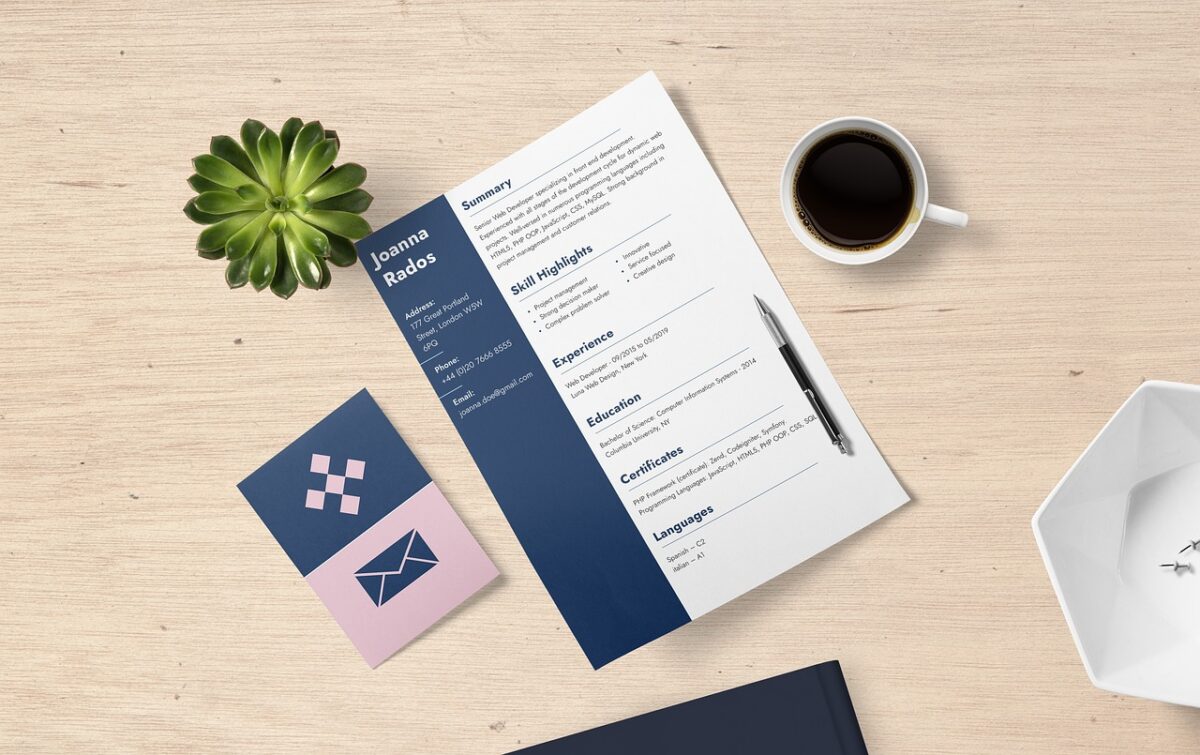Is The Covering Letter Dead?

Who doesn’t want to stand out in a pool of job applicants? For the longest time, cover letters have been the competitive edge of determined applicants. In fact, three years ago, cover letters were deemed essential for an applicant to submit, because they set the mood for the resume and told the candidate’s story. A strong and well-written cover letter meant a strong candidate.
Fast forward to today, and you’ll find that the rise of social media and countless recruiting job platform software have pushed cover letters to be ignored. According to an article from Fortune, 90% of the hiring managers, HR representatives, and recruiters interviewed said they did not read cover letters. With this statistic in mind, how can you emerge among so many qualified applicants? In this month’s blog, we’ll explore effective alternatives to cover letters and ways to create a great cover letter if required.
The Fall Of Cover Letters
The trends changed as soon as technological advancements started to improve and simplify everything, including recruitment processes. We now have application forms and applicant tracking systems that are user-friendly for both applicants and recruiters. If the application process is easy, more candidates are likely to apply, hence, hiring managers or recruiters have more applicants to go through and more documents to review.
Studies show that employers and recruiters take an average of six seconds to scan your resume. Experienced IT professionals can have resumes with up to five or six pages. Instead of adding a lengthy cover letter to that pile, a short summary of qualifications at the beginning of the resume is a better option. Here is some insight that will help you organise your resume in a way that’s scientifically proven to make the best first impression.
A better way to showcase your personality is through social media. No, we are not referring to your drunken escapades or beach pictures. You need to be very cautious about what you share on social media because recruiters and hiring managers will look up your online presence before setting up an interview. This should be no surprise, so why not put that knowledge to good use?
Networks such as Facebook and Twitter are geared toward a different audience than LinkedIn and can favour more informal conversations. Make sure you don’t overshare your personal business on those channels and remember that anything you put on the internet can be used against you. LinkedIn, on the other hand, has a more professional setting and can detail your work experience to a tee. Forget about cover letters – these social networks show more of the real you than your cover letter will. Show the best version of yourself through social media and acclimate to the ever-changing tech industry.
Cover letters are soon to be a faded memory, but we must remember that their meaning lives through social media and through those who still use this dated hiring process. Whatever position you find yourself in, be prepared to take on the task of creating a persuasive cover letter or translate it through your social media networks. The future is here and you have to keep up with it.



